India has many beautiful rural destinations that offer travelers a unique experience of the local culture, traditions, and lifestyle. Indian villages are located in the country's center. The sedate pace of life here is influenced by local festivals, craftsmanship, and agriculture. India's rural tourism provides a singular chance to discover the country's genuine spirit away from the bustle of the major cities. Here are some of the popular rural tourist destinations in India:
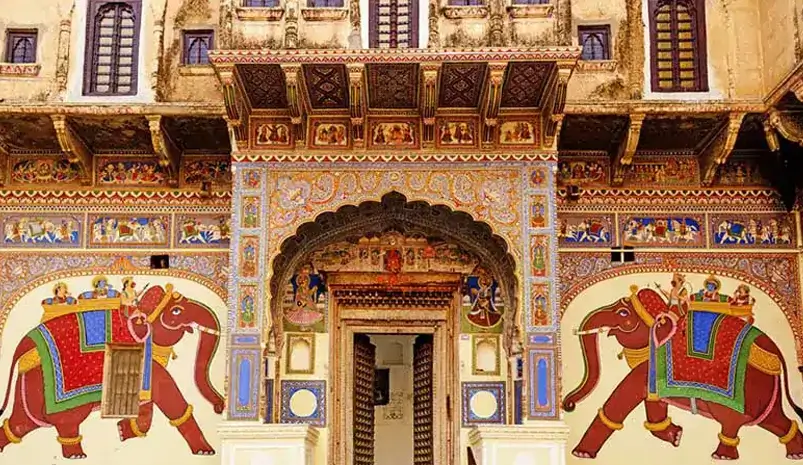
Mandawa is a small town in Rajasthan famous for its havelis (traditional mansions) adorned with colorful frescoes. Tourists can explore the town on foot, visit the mansions, and interact with local artisans.
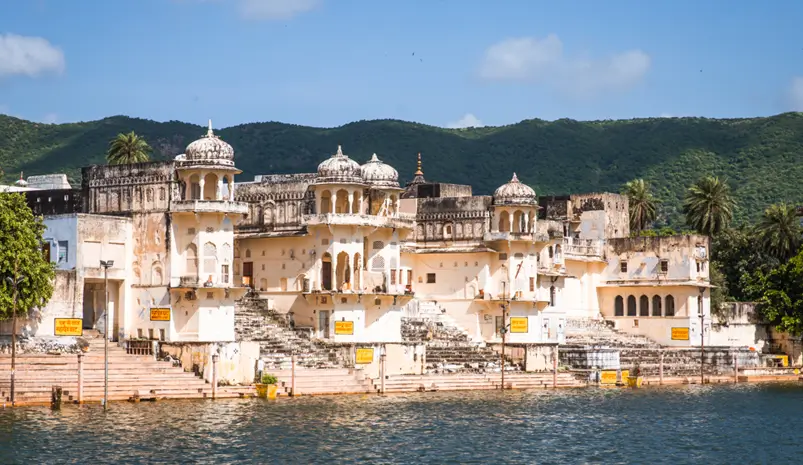
Pushkar is a holy town in Rajasthan famous for its Pushkar Camel Fair and Brahma Temple. The town is surrounded by sand dunes and rural villages, and tourists can enjoy camel rides or jeep safaris to explore the nearby villages and experience the rural lifestyle.
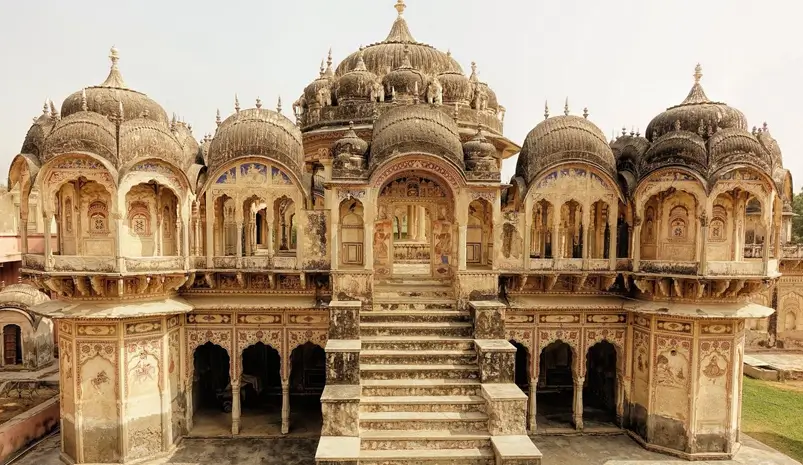
Shekhawati is a region in Rajasthan famous for its havelis (traditional mansions) adorned with colorful frescoes. Tourists can explore small towns and villages in the region, stay in traditional havelis converted into guesthouses, and interact with local communities.
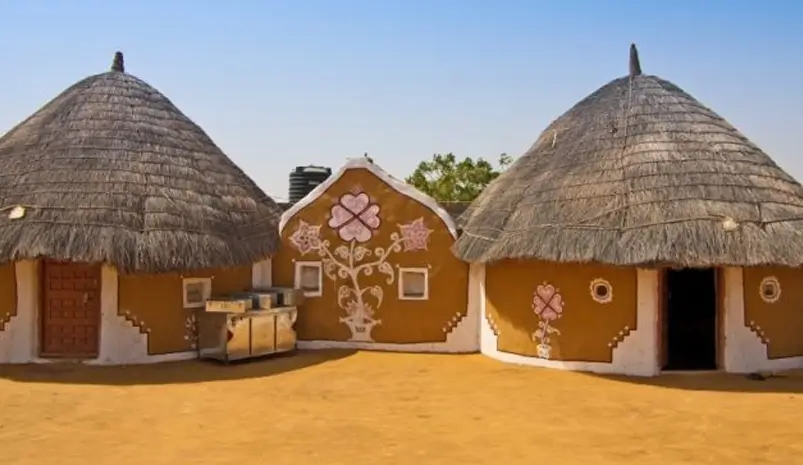
Bishnoi Village is a small village near Jodhpur famous for its Bishnoi community, known for their environmental protection and wildlife conservation practices. Tourists can take jeep safaris or village walks to explore the area, interact with locals, and learn about their way of life.
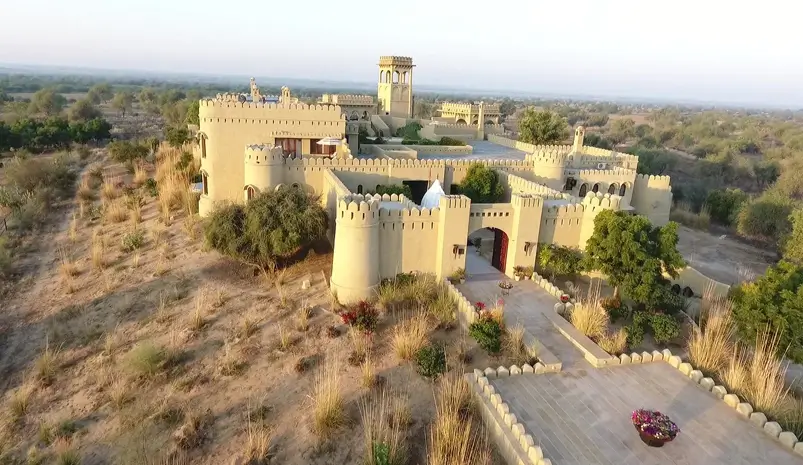
Rohet is a small village near Jodhpur famous for its traditional Rajasthani hospitality and rural lifestyle. Tourists can stay in traditional havelis or homestays, take village walks or jeep safaris to explore the area, and enjoy local cuisine and cultural performances.
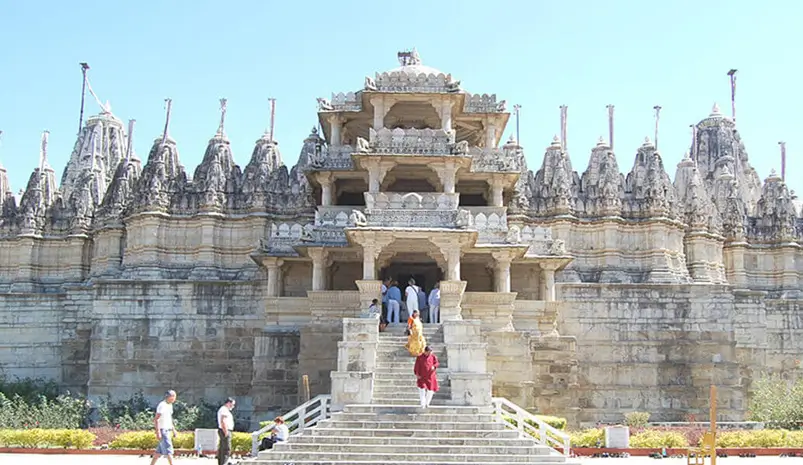
Pali District is a rural area in Rajasthan famous for its textile industry and traditional handicrafts. Tourists can explore small villages in the region, learn about the traditional textile-making process, and interact with local artisans.
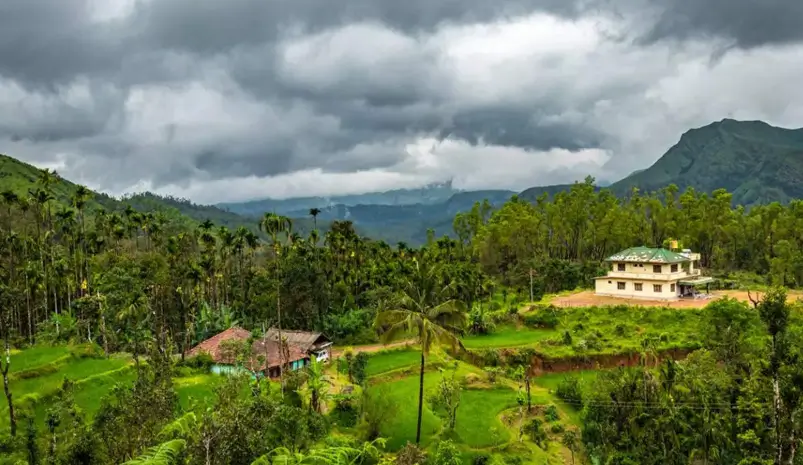
Coorg is a scenic district in Karnataka famous for its coffee plantations, wildlife sanctuaries and waterfalls. Tourists can stay in homestays, trek in the nearby forests and explore the local cuisine and culture.
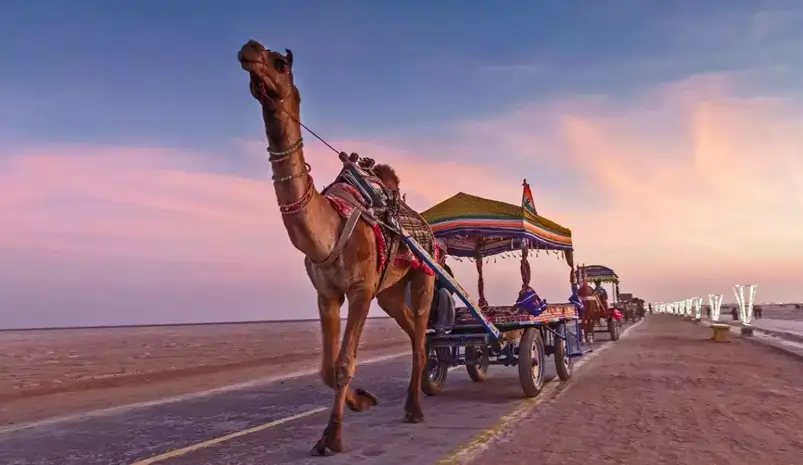
Kutch is a desert district in Gujarat that is home to colorful handicrafts, traditional music, and dance. Tourists can stay in traditional huts called bhunga and tour nearby villages to see the local lifestyle.
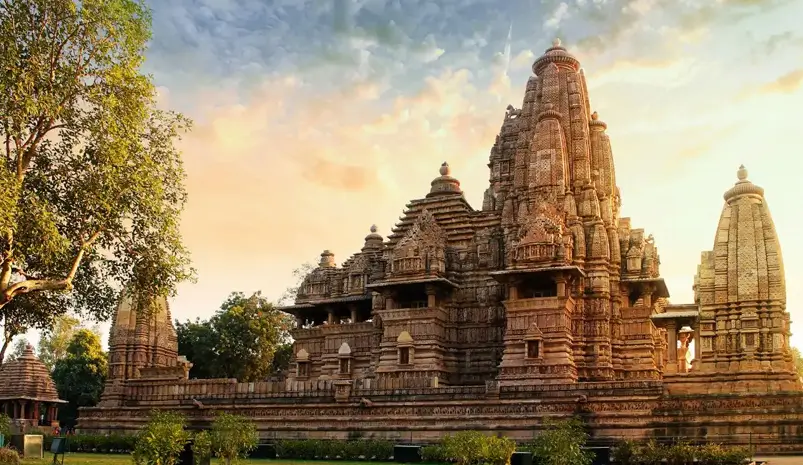
Khajuraho is a small town in Madhya Pradesh that is famous for its ancient temples and architecture. Visitors can explore the temples, learn about the history and culture of the region, and enjoy the natural beauty of the countryside.
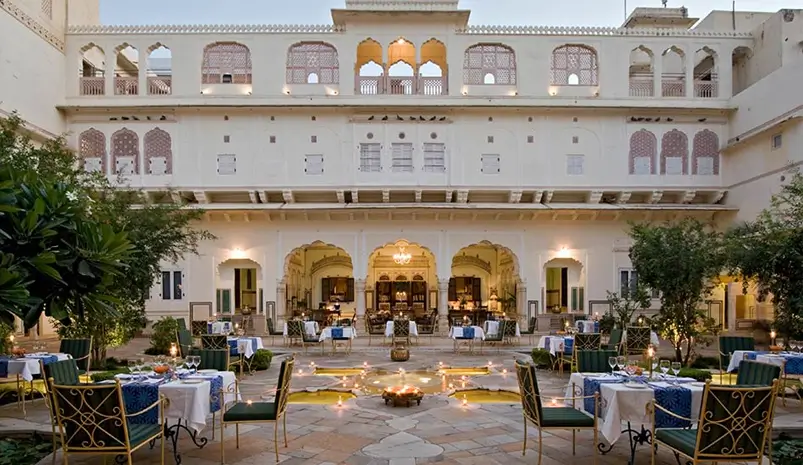
Samode is a village in Rajasthan that has a distinct charm. Its iconic palace-turned-hotel, vibrant marketplaces, and classic architecture will make you feel like a king or queen. Exclusive stays in Samode are arranged by India's Invitation, where guests can partake in regional crafts and enchanting stargazing feasts.
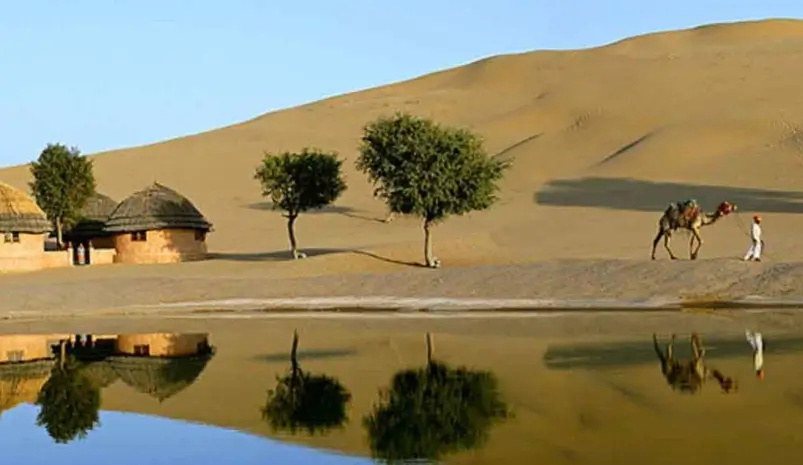
Adventurers and nature enthusiasts would appreciate Khimsar, which is also in Rajasthan. This sand-dune-encircled settlement provides accommodations in traditional havelis, camel safaris, and tours of historic forts. India's Invitation creates one-of-a-kind experiences to ensure you have the most comfortable rural travel experience possible.
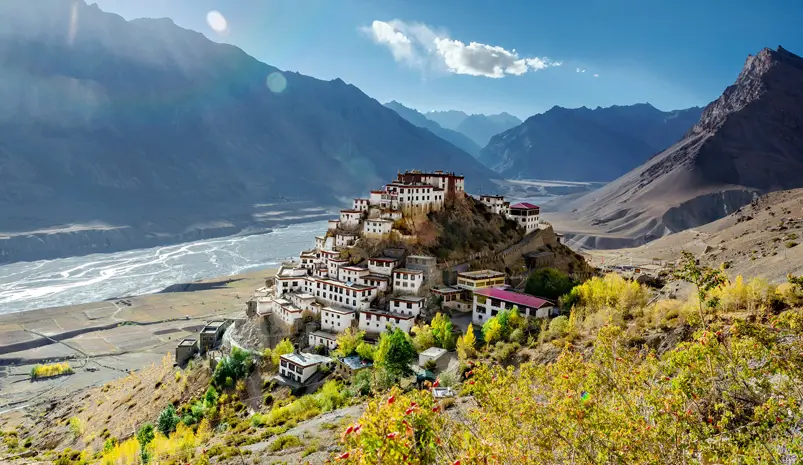
Spiti Valley is a remote region in Himachal Pradesh that offers a unique travel experience with its rugged terrain, high-altitude monasteries and stunning landscapes. Tourists can stay in homestays, trek in the mountains and experience the local lifestyle.
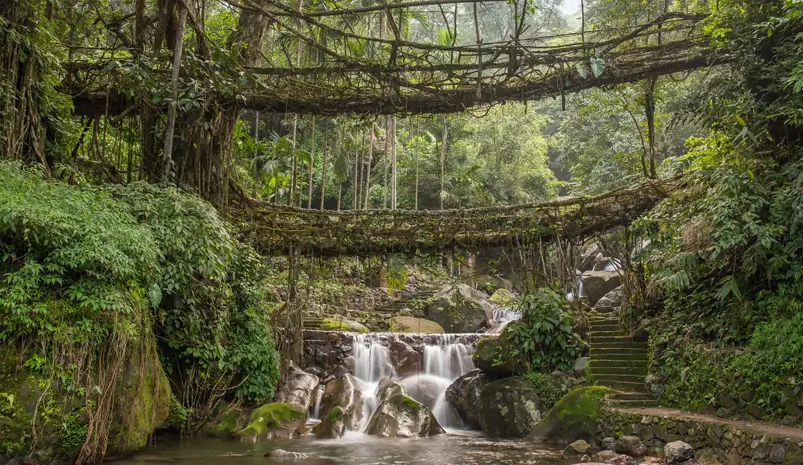
Cherrapunji is a beautiful village in Meghalaya that is famous for its living root bridges and waterfalls. Tourists can roam around the village, interact with local communities, and explore the natural beauty of the region.
In conclusion, rural tourism in India has the potential to support the sustainable development of rural communities while providing a distinctive and genuine travel experience. Rural tourism in India can contribute to the development of a more inclusive and equitable tourism sector by fostering sustainable tourism practices, interacting with local populations, and conserving cultural heritage.